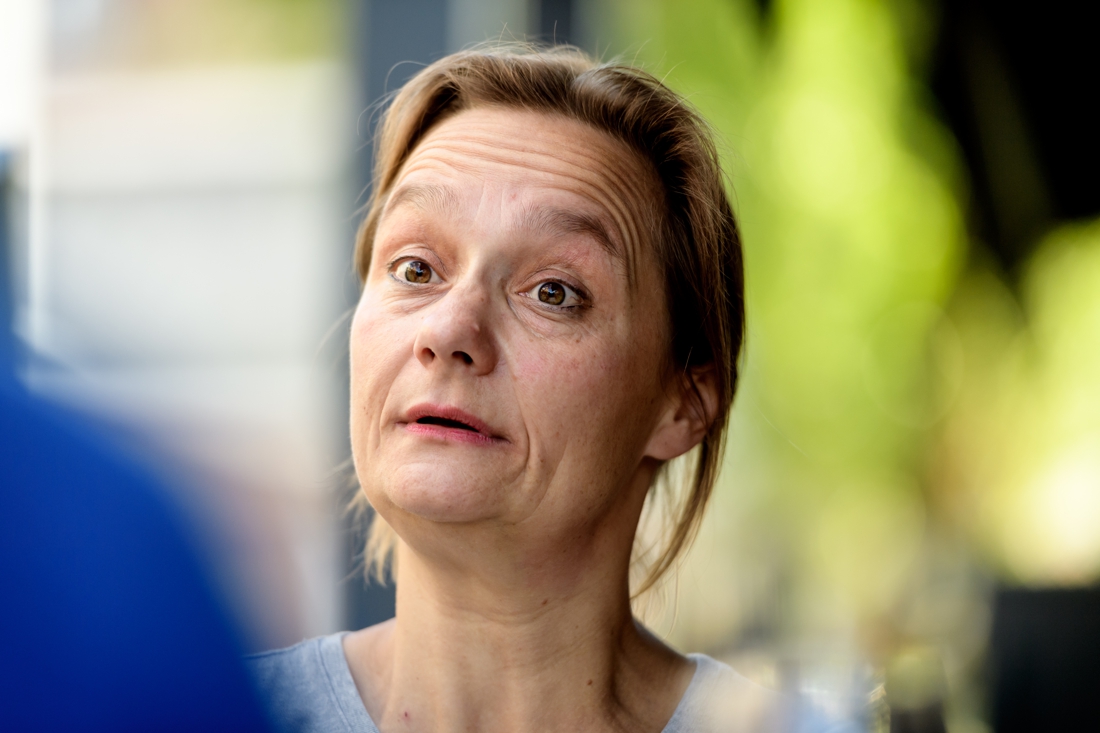Preventing new waves of infection from the coronavirus SARS-CoV-2 requires a “strong coordinated European response”. This urgent appeal is launched by the scientific world in the medical journal The Lancet. “Vaccines help to control the virus, but only by the end of 2021,” it said.
–
The call was co-written by biostatistician Niel Hens (UAntwerpen) and signed by nearly 400 scientists from all over Europe. Among them Emmanuel André (KU Leuven), Philippe Beutels (UAntwerpen), Mathias Dewatripont (ULB), Geert Molenberghs (UHasselt and KU Leuven) and Erika Vlieghe (UAntwerpen). They all agree that European governments have still not developed a common vision “to steer the management of the pandemic”.
Such a shared strategy should primarily reduce the number of confirmed cases of Covid-19 without having to close the borders again. “One country cannot keep the number of cases low, so joint action and common goals between countries are essential,” it said. “If we do not act now, further waves of infection are to be expected, resulting in further damage to health, society, employment and business.”
Powerful interventions
Specifically, European countries should aim for a target of no more than 10 new Covid-19 cases per million people per day. “This goal has been achieved in many countries and can be achieved again throughout Europe by spring,” the scientists write. They call for “powerful interventions” to quickly reduce the number of infections. That reduction must be synchronized in all European countries to avoid a ping-pong effect of importing and re-importing SARS-CoV-2 infections.
When the number of infections is low, relaxation of the restrictions is again possible, but hygiene measures such as wearing mouth masks, “moderate contact reduction”, testing and contact detection should be adhered to. Meanwhile, a strategy must be followed to administer at least 300 tests per million people per day. Then when local outbreaks do occur, a “quick and rigorous response” is needed, including travel restrictions, targeted testing and possibly regional lockdowns.
Long term vision
Finally, there is also a call to develop a common long-term vision for, among other things, vaccination, the protection of high-risk individuals and the support of those most affected by the pandemic.
The success of all measures depends to a large extent on the cooperation and involvement of the public. It is therefore critical to clearly communicate the purpose and benefit of low infection rates, they conclude.
– .


